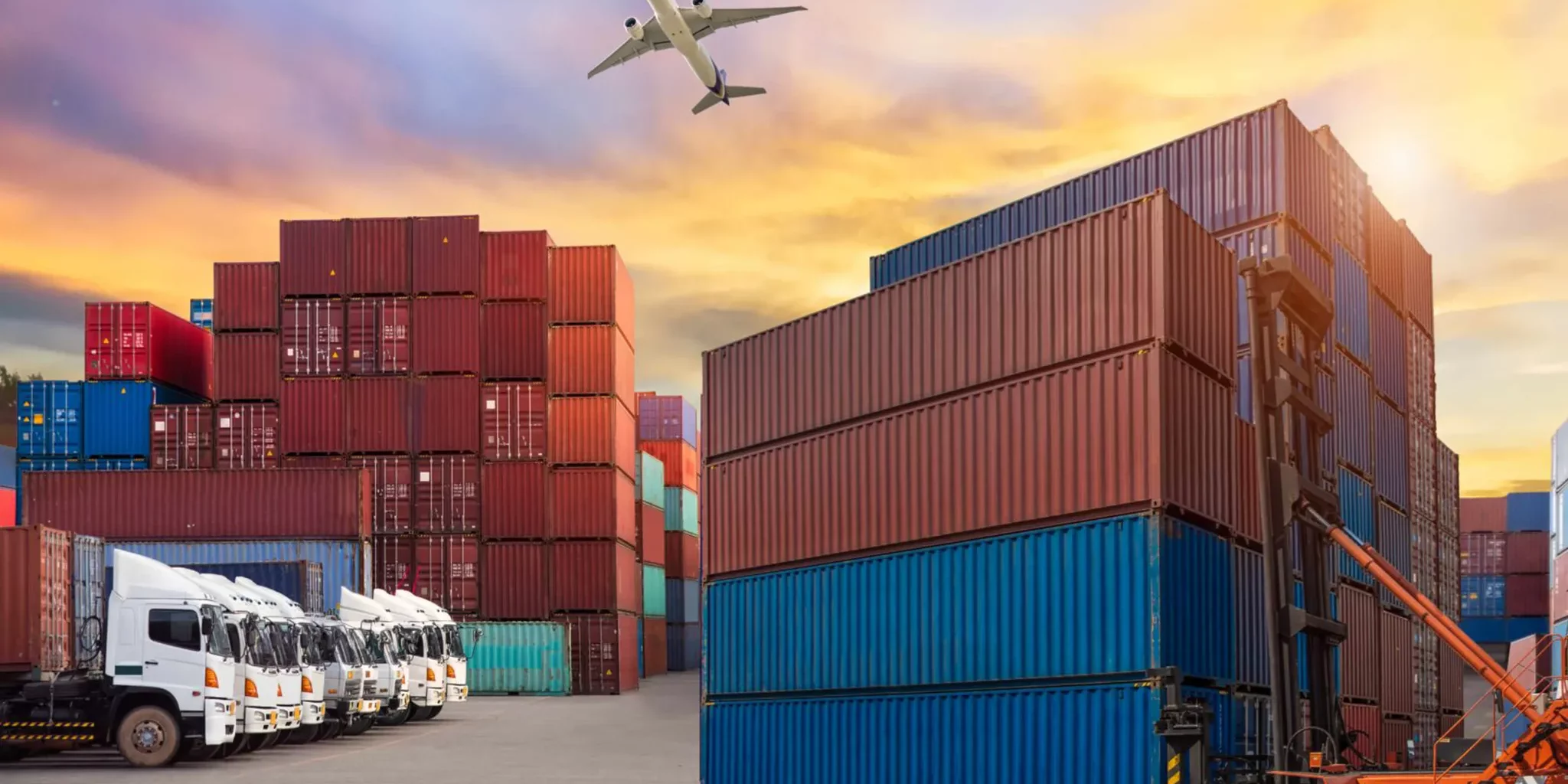The logistics landscape is rapidly evolving, driven by globalization, consumer demands, and unforeseen disruptions. Supply chains must now contend with unprecedented challenges, from geopolitical tensions to environmental concerns. In this dynamic environment, digitalization and emerging technologies are proving transformative, enabling businesses to adapt and thrive amidst complexity.
The Role of Digitalization in Streamlining Operations
Digitalization has become the backbone of modern logistics. By integrating digital tools, companies can achieve real-time tracking, predictive analytics, and seamless communication across the supply chain. Advanced software platforms provide a centralized view of operations, allowing for better decision-making and enhanced visibility. These innovations reduce inefficiencies, optimize inventory management, and respond swiftly to market fluctuations.
Automation Revolutionizing Logistics
Automation is reshaping supply chains through robotics, automated warehouses, and smart sorting systems. By reducing human dependency for repetitive tasks, companies can improve accuracy and speed while minimizing costs. Automated processes, such as drone deliveries and autonomous vehicles, are also beginning to redefine last-mile logistics, ensuring quicker and more reliable services.
IoT: Connecting the Supply Chain Ecosystem
The Internet of Things (IoT) is a cornerstone of the connected supply chain. IoT-enabled devices collect and transmit data from various touchpoints, such as shipping containers, warehouses, and vehicles. This connectivity ensures greater transparency and control, allowing stakeholders to monitor goods, track temperature-sensitive items, and anticipate maintenance needs in real time.
Artificial Intelligence: Enhancing Predictive Power
Artificial Intelligence (AI) is elevating supply chain efficiency by analyzing vast amounts of data to uncover patterns and predict outcomes. From demand forecasting to risk assessment, AI-powered tools help organizations optimize operations, reduce waste, and mitigate disruptions. Machine learning algorithms also refine logistics processes, improving route planning and reducing delivery times.
Blockchain: Ensuring Trust and Transparency
Blockchain technology addresses critical issues in supply chain management, such as fraud and lack of accountability. By providing an immutable record of transactions, blockchain ensures traceability and trust across the supply chain. This is especially valuable for industries requiring stringent compliance, as stakeholders can verify the authenticity and origin of goods with ease.
Conclusion: Embracing the Future of Logistics
As supply chains grow more complex, the integration of technologies like IoT, AI, and blockchain becomes essential. These innovations not only address modern challenges but also create opportunities for sustainable growth and resilience. Businesses that invest in these technologies can transform their logistics strategies, ensuring they remain competitive in an ever-evolving market.


Add a comment